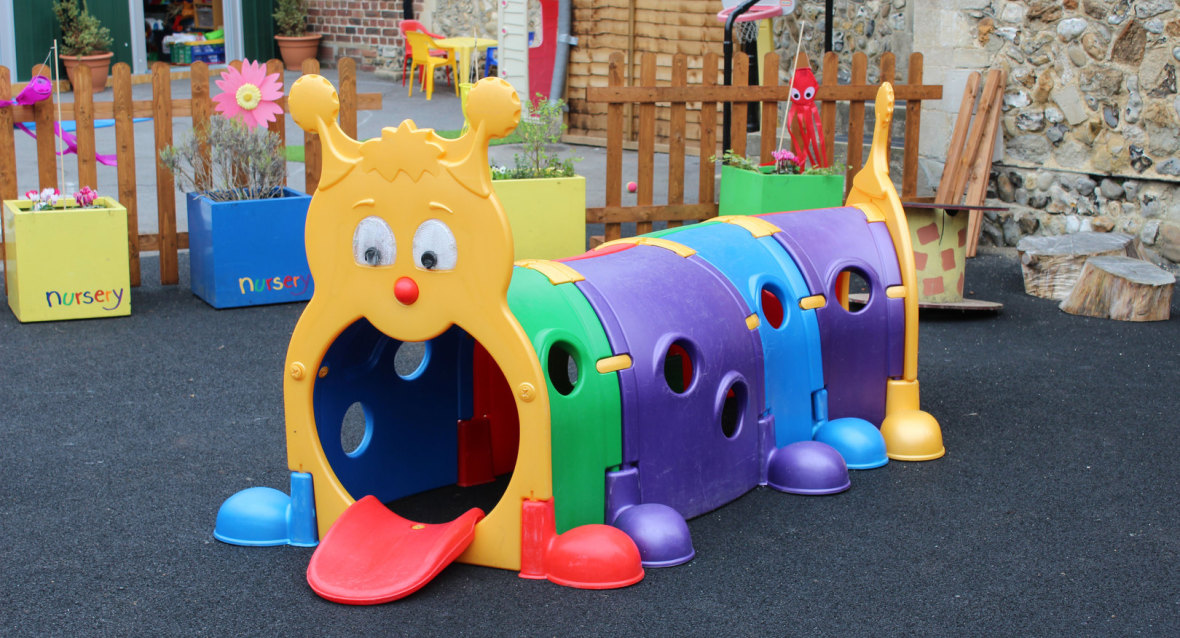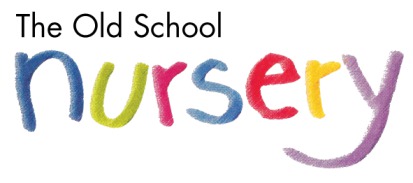
SEN Local Offer
Before starting their educational journey with us, you and your child will be invited for a visit, when we shall have the opportunity to discuss any concerns you may have about your child and together we can address these issues. One of our dedicated team will be your child’s allocated ‘key person’ and will work closely with them, observing and monitoring their progress during their time with us.
Q1: How does my nursery know if the children need extra help and what can I do if I think my child
has special educational needs or disabilities? (Looking at the way individual staff identify special
educational needs and how they work with you and organisations to meet those needs)
• Staff work together to identify children with extra needs. There is a SEN Co-ordinator and a
deputy SEN Co-ordinator who help all staff whose keyworker children need extra support.
• Works with other agencies well, ensuring time is made for appointments and that we as
parents are always invited. As a setting Old School Nursery are also willing, where possible
to make changes to the learning environment to cater for any extra needs a child may have.
• Staff undergo necessary training and regularly assess the children to see if they are in line
with expected development.
• Approachable, friendly atmosphere means concerns can be raised and discussed in a low
pressure and supportive manner. This can be done formally via an arranged meeting or
informally by approaching a member of staff in the setting.
Q2: How does the nursery support my child?
(Looking at the way your child’s key worker and the specialist staff work and the process used to
support your child)
• The Old School Nursery supports each child from their first visit through till the time that
they leave. They offer a friendly safe environment.
• Children are allocated a key worker – we do our best to ensure this person will be able to
spend lots of time with them and that it is someone to which they form a bond.
• Observations on the children are taken daily to ensure a full understanding of the child’s
ongoing progress and staff work closely with parents and maintain close relationships.
Information from home is also important in the process to provide a holistic view.
• Staff are trained in SEN, Behavioural management and all staff are encouraged to attend
as many courses as possible as well as attending all mandatory courses.
• Work closely and effectively with outside agencies.
Q3: How does the nursery adapt their daily/termly/weekly activities to match my child’s needs?
(Looking at the use of individual plans, development systems, the learning journal and the
observations used in them and our assessment and planning processes)
• The nursery works loosely to a curriculum, often using a springboard topic which is then
developed through children’s interests. Parents are vital in this process as they spend more
time with their children, seeing what interests them and this can be passed on.
• The Old School Nursery uses daily recording/planning
• The setting displays the curriculum they are following in the ‘waiting area’ in order for parents
to know what we are looking at in any given week, and bring in resources or even tell them a
story that their child can share during that topic. Our topic is also written in bold on the whiteboard.
• When a child comes to the Old School they are observed and written and photographic
evidence is collected in a Learning Journal which is regularly shared with parents and available
to view at all times on request.
• The setting uses Tapestry, an online learning journal software, to create learning journals
which are easily and regularly accessible. This also encourages parent input.
• This is used to assess the child’s progress and to form next steps. We then use this to plan for
the next activity/day/term.
Q4: How do the staff, and I, know how my child is progressing and how do the nursery help me
to support my child? (Looking at how constant and helpful contact is between us and you and what
opportunities you are aware of that are in place to help you understand how your child is doing,
e.g. home communication books, availability of time to talk with your keyworker etc.)
• Good relationships formed with families and children
• Consistent contact maintained.
• Staff available to talk to either immediately on request or able to book a time where this
is appropriate, to whoever you need to speak to.
Q5: What support is available for my child’s all round wellbeing?
(Looking at how you feel we support your child to be heard, how you feel we support their safety,
their personal care and medication and how we provide behavioural support.)
• The nursery supports self-care by allowing children who are learning to use the toilet to
learn at their own rate and encourage them as well as work with the family towards a
common goal. Where possible the nursery is keen to follow on from what the children is
doing at home, providing a continuity of learning.
• The staff support children to be active members of the nursery, allowing them to seek
out and guide the activities.
• The old school nursery provides a safe, happy environment for children to thrive in.
Q6: Is there any specialist staff at the nursery? And are there any specialist services available to
me through the nursery? (Looking at what organisations you are aware of that are made accessible
to you and your child through us, and what support is available in the nursery through trained staff)
• Services are made known to parents and families through staff conversation
(good relationships), and flyers and information in the waiting area.
• Support is available to children who require it with consent of family, and this is made
available to them through conversations with families
• Specialist staff are noted in the waiting area, although this information can be given on request.
Q7: What training has the staff that are supporting special educational needs had or having?
(Looking at what training you are aware of and any training you would recommend we have)
• Staff are always encouraged to train to mandatory level and above.
• There are specialist staff for behavioural management and Special Educational needs
(Officer and Deputy Officer) in the setting.
• Staff are willing to undergo training to the benefit of new educational needs coming to light.
Q8: Do you know how your child is supported in order to be able to take part in all activities,
including trips outside of nursery – (for us this could be trips to the church yard or the local schools,
the book bus and visits from emergency service, Looking at how we plan for each child, how we
suit the activity to their needs and how we work with you to make each activity suitable for all)
• All the children are included in every activity. They are always given a choice as to
whether they wish to participate and are never forced.
• Activities are changed and adapted to suit each child’s needs.
Q9: How accessible is our nursery to you and your child?
(Looking at the indoor and outdoor environment and how we work with you and other services
to ensure all areas are accessible to your child)
• The nursery is willing to adapt the environment where necessary and possible to make
it more accessible.
• The environment is assessed and adapted every day depending on the needs of the
children who will be present.
Q10: How well are we supporting you and your child with transitions (settling into nursery,
going up to ‘big’ school, through family change?, Looking at what meetings, support groups
and visits have been made available to you either directly with us or through other organisations)
• The nursery provides up to 4 nursery visits before starting and opportunities for the
parent to ask any questions as well as gathering lots of information about the child in
order to help them settle in.
• The nursery encourages and supports teachers coming to the setting to visit the child
before they go to big school. They also offer transition days through other agencies.
• Staff are always available to listen if you need to discuss a change at home and are always
very supportive and non-judgemental.
Q11: How are we allocating our special educational needs funding/resources in relation to
your child’s needs? (Looking at how you feel we access need for the whole setting and individuals)
• Any funding received for a child is directly allocated to their needs alone.
This is spent on extra staff, specialised staff and resources to benefit that child specifically.
• EYPP (Early Years Pupil Premium) is spent directly on the child it was allocated for and the
way it is spent is decided through the information gathered about development and
extensive conversation with key workers and managers.
Q12: How are we deciding how much and what type of support your child will receive?
(Looking at IDP’s (Individual Development Plan) is put in place and how regularly it is reviewed
and monitored)
• The nursery decides how much support is needed by talking to parents and with
consent to other agencies as well as potentially using Individual plans alongside one
page profiles and development trackers.
• The nursery approach children’s development with a non-judgemental, supportive
attitude and value the input of parents and outer agencies to ensure the best outcomes
for the children in their care.
Q13: How are you involved in the nursery currently, and do you have access to more involvement?
(Looking at ways you as a parent/carer can contribute to our everyday routine)
• As a parent there are opportunities to be involved in the nursery. These range from
comments in a learning journal, to bringing in things for news time, and simply sharing
information about home lives in order for staff to plan activities.
Q14: Where can I get more information?
(Looking at who you feel you can talk to/contact for more information)
• Staff are always available to talk to about Special Educational Needs and contact and
relationships are well maintained.
• There are flyers and other information with contact numbers/internet sites available
for parents to view should they wish to.
• The nursery operates a Facebook page - @theoldschoolnursery – in order to provide
as many channels as possible for parent interaction.

